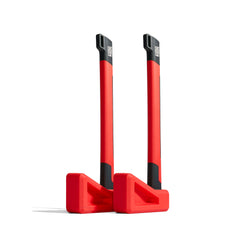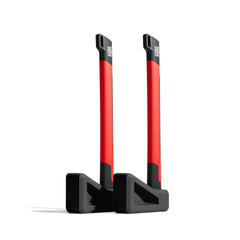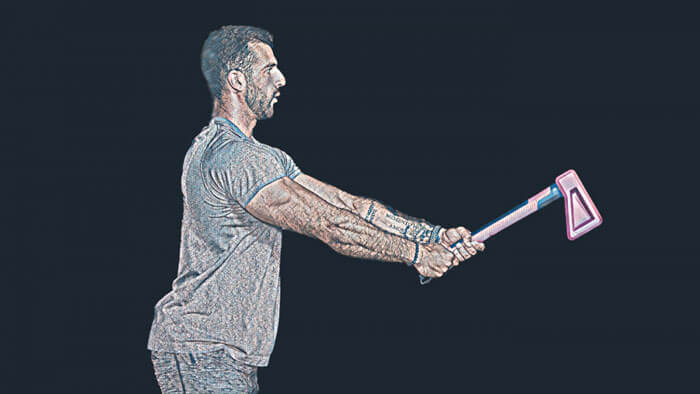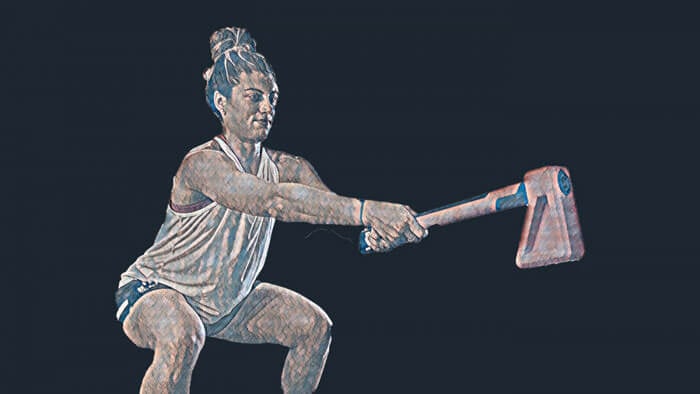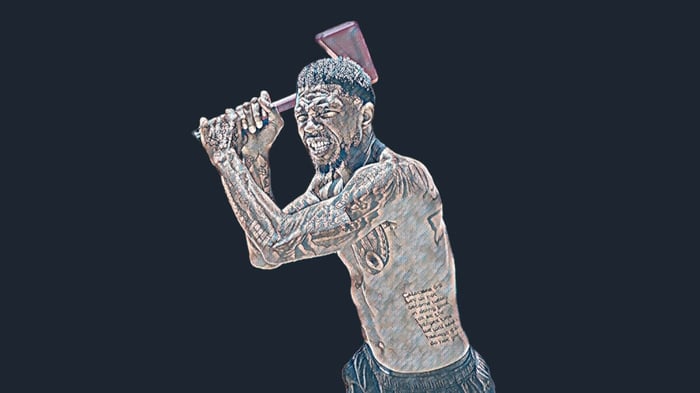Grip strength is an often discussed but still relatively unknown topic in the fitness world. So what makes it so important?
Why is Grip Strength Important?
A stronger grip helps you carry, hold, and lift items in everyday life. Grip strength is also vital during exercise or any athletic activity. Many exercises require and utilize a strong grip, meaning that any deficit may compromise your ability to build strength throughout your body. This becomes even more important as you age.
With age, comes an expected decline in strength, muscle mass, and overall health. However, those who take care of their bodies will likely show better strength and health than what is considered normal for their chronological age. So how does this relate to grip strength?
How Does a Stronger Grip Affect Longevity?
Experts say that grip strength is one of the best and most affordable assessments of strength and muscle mass. Therefore, it has proven to be a great stand-in measurement of overall health and longevity as well.
Research has shown that the stronger your grip, the greater your overall health and the lower your risk of disease. In fact, research has found a direct association between lower grip strength and higher risk of cardiovascular disease and various types of cancer.
In a 2015 study, researchers collected 142,000 grip strength measurements in 17 countries to develop an understanding of the relationship with disease. The results showed that with each 11-pound decrease in overall grip strength, the overall risk of death increased by 16 percent. The stronger you are, the more support your body has to fight off illness and disease.
In terms of measurements, they found that a grip strength of fewer than 57 pounds in men and 35 pounds in women, were associated with a higher overall risk of illnesses and death. Grip strength can be measured using a basic tool called a dynamometer. This inexpensive tool can be a great way to accurately measure grip strength and track changes as you train.

“Our research indicated that low muscle strength is associated with a higher risk of dying, first and foremost,” says Darryl Leong, a cardiologist with the Population Health Research Institute at Hamilton Health Sciences and McMaster University in Canada. “It also found that grip strength was a stronger predictor of all-cause and cardiovascular mortality than systolic blood pressure.”
Essentially, as you age, a stronger grip and better overall strength can reduce your risk of disease and increase your chances of survival when becoming ill. With research like that, why not find the time to improve your grip strength?
How Do You Improve Grip Strength?
While strength training is a great way to develop grip strength as well as overall muscle mass, using tools and exercises that specifically target those muscles is an excellent way to increase grip strength even further.
When using fitness tools like the Chopper, you’re able to challenge your forearms and overall grip strength further than standard strength training alone. Our equipment and exercises at ChopFit are used to build the grip strength you need to squeeze harder, engage more muscles, and generate more force during your workouts and in athletic competition.
So, does a stronger grip affect longevity? Absolutely.




